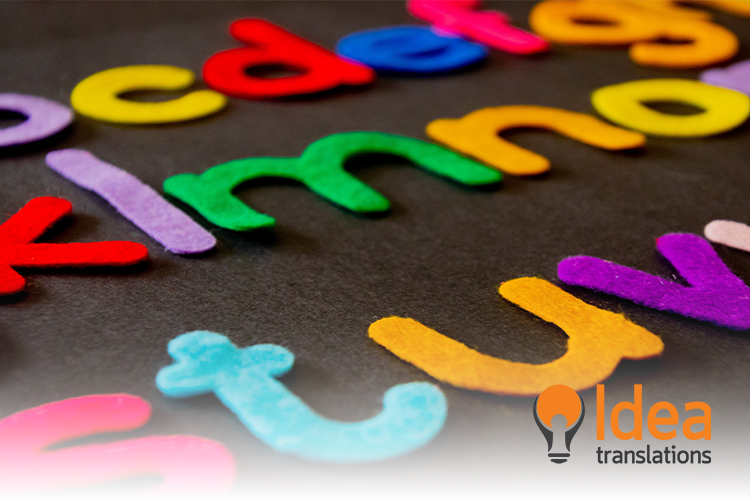
Learning a language can improve a child’s self-esteem
Knowing other languages has multiple advantages: such as sharper memory, improving decision-making and maximizing cognitive flexibility. And those benefits increase when we learn a second language at a young age.
Learning a language other than their mother tongue improves something fundamental to children’s development: self-esteem. But how does this relationship work?
The importance of emotions
Along with key factors such as anxiety, extroversion and introversion, inhibition, motivation and learning styles, self-esteem – defined as self-confidence and self-satisfaction – is among the emotional variables most studied by psychology experts. Some of them have noted that language learning is a specific domain in which self-esteem plays an important role and is particularly at risk because of the way we learn languages in the classroom setting.
Learning involves not only cognitive, but also affective, attitudinal and emotional issues. Thus, self-esteem plays a role in this process because it is linked to evaluating and valuing oneself, in terms of success or failure. In fact, some authors also define it as competence, achievement and interaction with the external world.
Scientific evidence indicates that bilinguals can delay dementia symptoms for up to 4 to 6 years as compared to monolinguals. Source: Discover Magazine
In this sense, the positive emotions that are created by that interaction are substantial. And it is often difficult to find them in an environment where students must express themselves in a language they are unable to dominate.
Fear of negative evaluation, ridicule and criticism from peers also plays a role. People with high self-esteem are better able to handle these situations, while those with low self-esteem find it more difficult to cope in this context.
Thus, researchhas found, for example, that:
- Reading comprehension scores correlate in a positive manner with students’ high self-esteem.
- Writing scores are also positively influenced by self-esteem, while the latter and English language proficiency are positively related.
- Self-esteem positively influences listening comprehension.
- Students with higher self-esteem have less anxiety in the classroom where they learn languages.
Confidence-boosting learning
And while these conclusions are mostly based on the relationship between self-esteem levels and the process of learning a language, there seems to be a pretty strong indicator that language learning and bilingualism helps raising confident children.
In fact, self-esteem does not refer to a genetic issue, but is “a construct formed throughout childhood and adolescence”, strongly related to how parents and teachers correctly attribute the actions of children. In this sense, it is adults who can make a marked difference when teaching a new language to children, based on real objectives, giving them confidence and encouraging them to trust themselves.
More than 11.2 million children (33% of all children in the US under the age of 9) are dual language learners. Source: Migration Policy Institute
When we learn a language, the human brain grows, reorganizes itself and establishes new connections. That exercise increases neuroplasticity, a key ability to acquire new information. “Brain changes affected by experiencing a second language include increased gray matter density and white matter integrity,” says a scientific study from Pennsylvania State University.
Thus, learning a new language boosts people’s level of self-confidence. As the poet Edward Estlin Cummings defined it: “Once we believe in ourselves, we can risk curiosity, wonder, spontaneous delight or any experience that reveals the human spirit”. And that’s what the wonderful adventure of becoming multilingual is all about.



